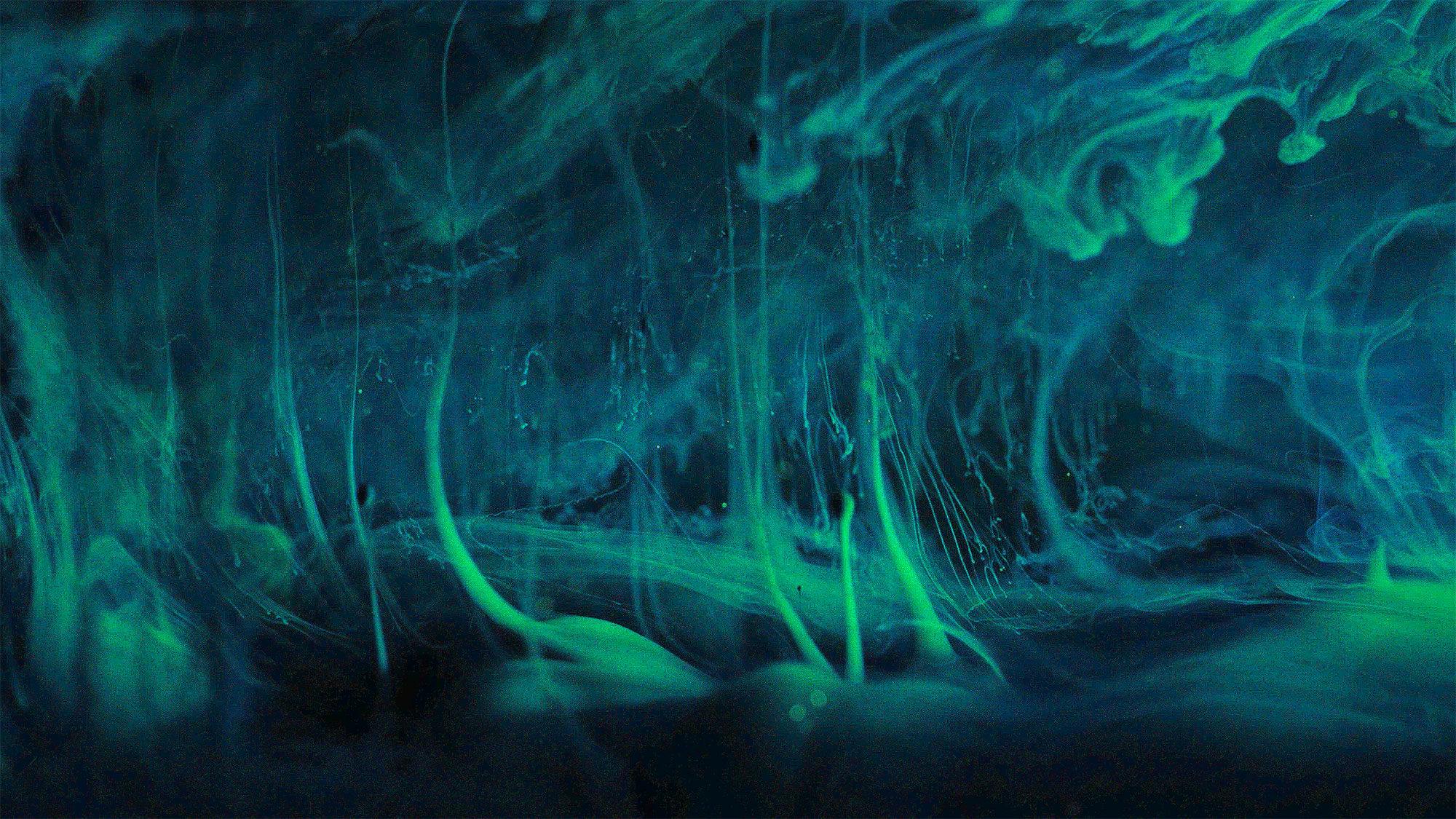Latest News
Introducing Marie Dunaway
Thursday, 12 September, 2013 — Meet our new lecturer in Costume Production and Associated Crafts.
<p dir="ltr"><strong>"We’re lucky to be on the doorstep of the UK’s largest regional theatre...<br /></strong><strong>it’s a good start, being down here"</strong></p>
<p dir="ltr"><strong>Marie Dunaway is a costume designer and maker specialising in period costumes. Marie is the new lecturer in Costume Production and Associated Crafts at Plymouth College of Art. Marie began her career in fashion, working as a designer, but soon realised that her true passion was historical costume, especially the process behind making them. She pursued her interests working in theatre for various wardrobe departments over 25 years and then became an educator.</strong></p>
<p dir="ltr"><strong>Tell us about how you got to Plymouth College of Art?</strong></p>
<p dir="ltr">Before Plymouth College of Art, I worked at the Theatre Royal as the Deputy Manager of their wardrobe department. During my time there, I found myself mentoring and tutoring junior staff, which I found really rewarding. I started delivering dressmaking courses and evening classes in my own time, then I went on to do my PGCE (Post Graduate Certificate in Education) and the placement was here. Then I got a job here! I started out teaching on the Art and Design course and then made my way to Costume. Over a number of years, I’ve been able to see students progress all the way through from Stage 1 to getting a degree. From a teachers perspective, that has been a fantastic experience.</p>
<p><strong>What do you enjoy most about teaching at the college?</strong></p>
<p dir="ltr">We have an open approach to teaching, we push boundaries, and we deliver things in an exciting way. The college is a community and we speak to each other. There’s a high level of tutor contact time for students, who have designated set sessions with tutors but can still make contact outside of these sessions if they need any further help.<br /></p>
<p dir="ltr">I like that there are no departments, as such. We don’t call ourselves the 'Fashion Department' or the 'Textile Department'. We’re all intermixed and we collaborate all the time - we often work with illustration, film, photography and animation.</p>
<p>The other advantage is our approach to interdisciplinary or complementary studies. Students are given an opportunity to study elsewhere for 9 weeks and learn about another area. It could be ceramics, or fashion, or photography, or film. Collaborating in this way gives the students real world experience - they get to work with people from other backgrounds and expertise.</p>
<p><strong>How can students expect to develop over the duration of their course?</strong></p>
<p>In the first year students are introduced to cut and construction and to mask making. They also do a live project at the end of the year. The second year is an introduction to machinery, sewing techniques and processes, moulding and latex. For the final module we look at a live project taking place in or outside of the college where students will be making costumes for production, sometimes in conjunction with the National Trust.</p>
<p><strong>So straight in at the deep end!</strong></p>
<p dir="ltr">Yes, you have to. A costume is a live garment, it portrays a character in the context of a story, so it can’t be on a mannequin; it can’t be an exhibition piece, it has to be part of a bigger thing.</p>
<p dir="ltr">It's all about a character. When we choose items for costume, we're asking: 'will that person wear this in real life? For example, you can’t get something for a period drama that everyone knows is from Marks & Spencer.</p>
<p dir="ltr">Students may not be able to make all of the costumes for a whole production but incidentally they gain experience talking to directors, fitting actors, sourcing materials, working out costings...</p>
<p><strong>And what about the 2nd and 3rd year?</strong></p>
<p>In the second year, students build on skills developed in the first year. We pick up on theatrical tailoring and then go deeper into 3D work - in particular armour. There's a work-based learning module and another live project at the end of the year but this time with more autonomy and responsibility.</p>
<p>In the third year there is a dissertation which forms part of the student's ongoing contextual studies, and a live project. We’re lucky to be on the doorstep of the UK’s largest regional theatre and often work with the Theatre Royal and their community projects.</p>
<p><strong>What can students go on to do after their studies?</strong></p>
<p dir="ltr">Students can go on to become wardrobe assistants, assistant designers, assistant prop-makers, or dressers on a film. Those are generally the kind of opportunities our students will be looking at once they have completed their degree. And then, after picking up a bit of experience, they might become a supervisor or a designer. There are lots of experimental theatre companies in Devon and Cornwall, and there are also lots of film companies here too. So it’s a good start, being down here.</p>
<p dir="ltr"><strong>For more information on the BA (Hons) Costume Production and Associated Crafts course, <a href="https://www.aup.ac.uk/courses/undergraduate/ba-hons-costume-production" target="_blank" rel="noreferrer noopener">visit here</a>.</strong></p>
